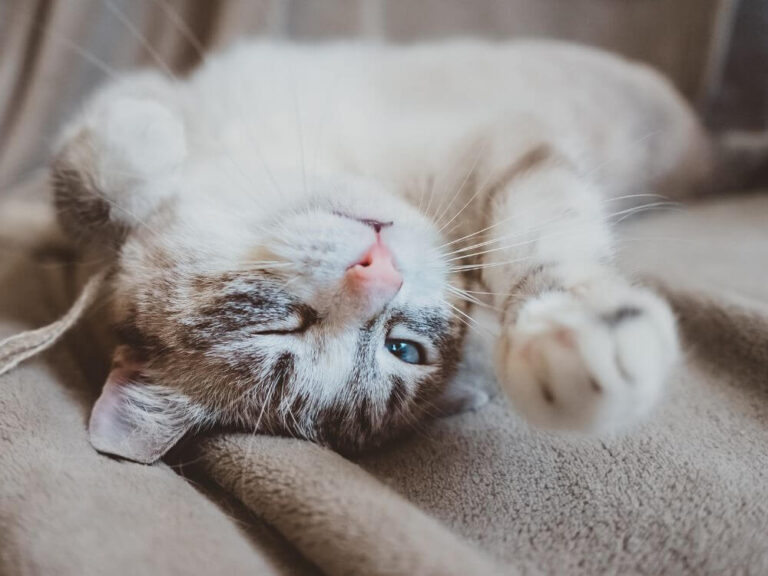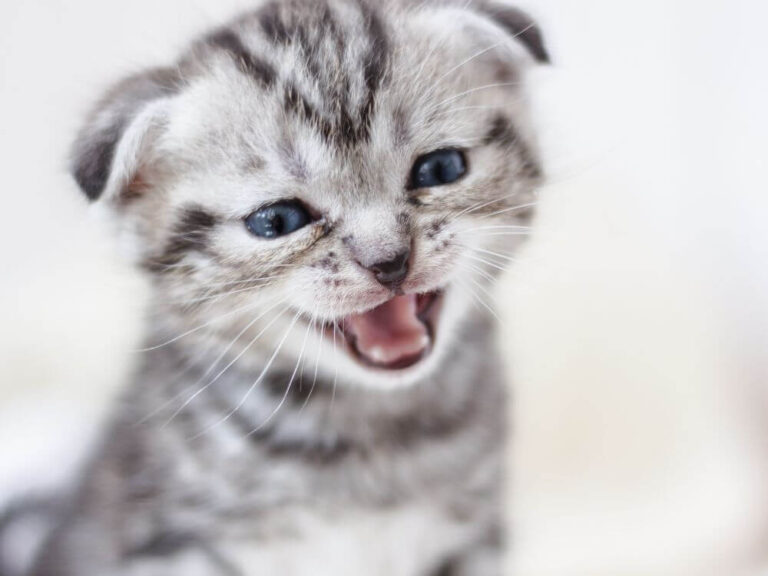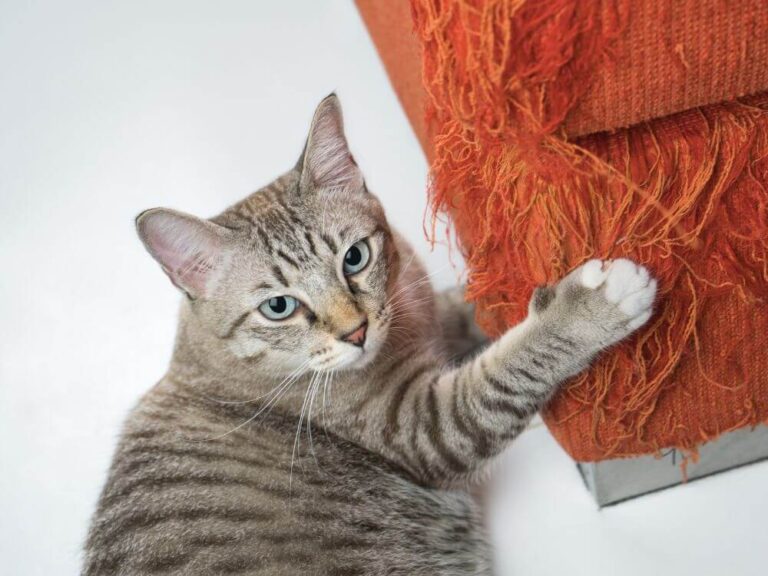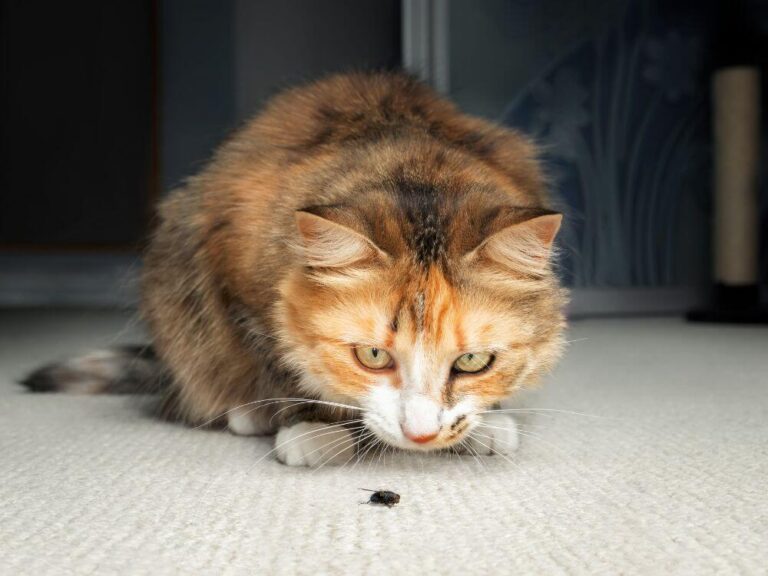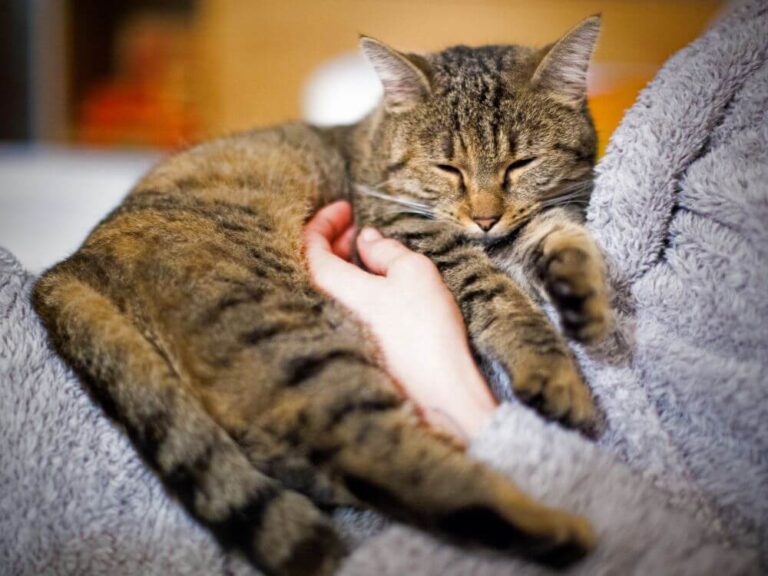The Sleeping Habits of Cats: Why Do They Sleep So Much?
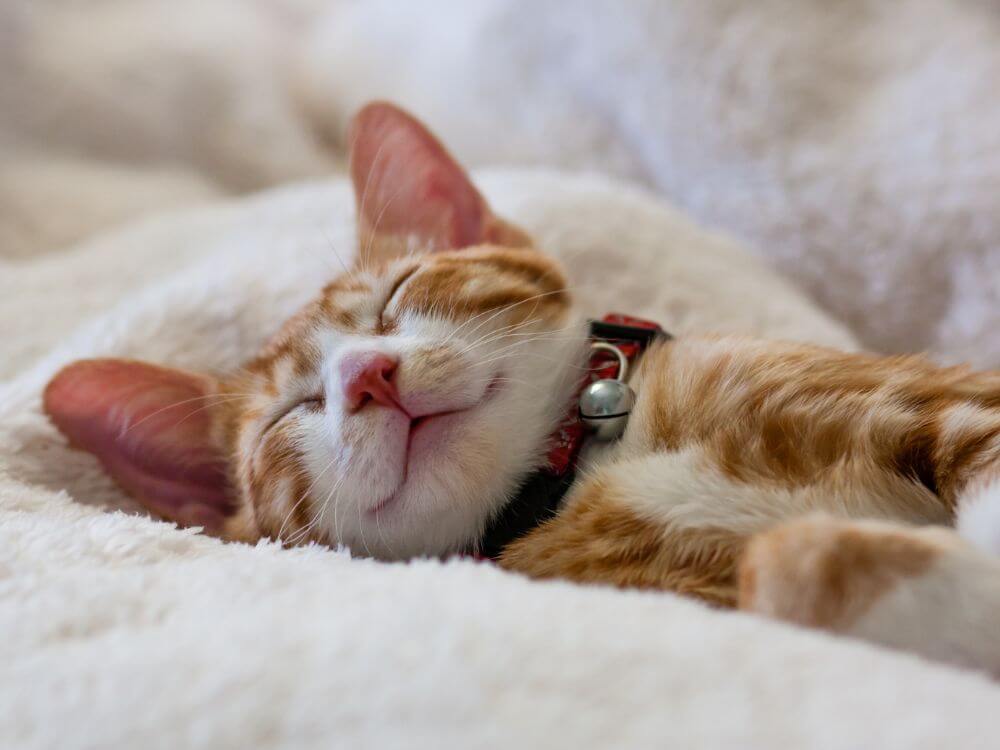
Cats are known for their love of sleep. You’ll often find your feline friend curled up in a cozy spot, dozing for hours on end. But have you ever wondered why cats sleep so much? Understanding their sleeping habits provides insight into their behavior, health, and overall well-being. Let’s explore the reasons behind their extensive snoozing and uncover the mysteries of feline sleep.
How Much Do Cats Sleep?
On average, cats sleep between 12 to 16 hours a day, with some cats snoozing for up to 20 hours! This amount of rest makes them one of the sleepiest creatures in the animal kingdom. Cats, especially those living indoors, have adapted to a life that allows for long periods of rest, often leaving pet owners to marvel at their seemingly endless naps.
Evolutionary Origins of Cat Sleep
The roots of a cat’s sleeping patterns can be traced back to their wild ancestors. Cats are natural hunters, and in the wild, hunting requires significant bursts of energy. To conserve energy for the hunt, wild cats would rest for long hours between meals. Domestic cats, despite being provided with food and comfort, have inherited this survival mechanism. Even though they no longer need to hunt for their food, their bodies still retain the need for extended periods of rest.
Are Cats Nocturnal?
Contrary to popular belief, cats are not strictly nocturnal. Instead, they are crepuscular, meaning they are most active during dawn and dusk. This behavior aligns with their ancestors’ hunting habits, as many small prey animals are active during these times. You may notice your cat being more playful or demanding attention early in the morning or late in the evening, matching their natural rhythm.
Light Sleep vs. Deep Sleep
Cats experience different stages of sleep, alternating between light sleep and deep sleep. About 70% of their sleeping time is spent in light sleep, where they are still semi-alert and can wake up quickly if needed. This type of sleep allows cats to stay on guard for any potential threats. The remaining 30% is deep sleep, which is crucial for their physical and mental restoration. During deep sleep, a cat’s body regenerates, repairs, and strengthens its immune system, much like in humans.
Why Do Cats Sleep So Much?
- Energy Conservation: As previously mentioned, cats sleep to conserve energy for sudden bursts of activity. Even though indoor cats don’t need to hunt, this behavior is deeply ingrained in their DNA.
- Physical Growth and Healing: Sleep plays a critical role in a cat’s physical health. Kittens, in particular, need plenty of rest to support their rapid growth. Sleep helps them develop their bones, muscles, and immune system. Adult cats also rely on sleep to heal from any physical injuries or strain, as their bodies regenerate during this period.
- Mental Well-Being: Just as humans need sleep to process information and recharge mentally, so do cats. A well-rested cat is more likely to be happy, calm, and less prone to stress or anxiety. Sleep helps them manage their emotions and maintain balance in their daily life.
- Age and Activity Levels: A cat’s sleeping habits also depend on their age and activity levels. Kittens and older cats tend to sleep more than young adults. Active cats may spend less time sleeping and more time exploring their surroundings or playing, while sedentary cats may doze off for longer periods.
How to Ensure Your Cat Gets Quality Sleep
Providing a comfortable and secure sleeping environment is essential for your cat’s health and happiness. Cats are creatures of habit, so they appreciate consistency in their surroundings. Here are some tips to help your cat get the best rest:
- Designate a Safe Sleeping Spot: Cats like to feel safe when they sleep, so create a cozy, quiet space where your cat can rest undisturbed. Choose a location away from loud noises and high-traffic areas in your home.
- Provide Comfortable Bedding: Soft, warm bedding encourages your cat to relax and settle into deep sleep. Many cats prefer to sleep in elevated spaces, so consider providing a perch or hammock where they can observe their surroundings from a comfortable distance.
- Maintain a Regular Routine: Cats thrive on routine, so try to keep feeding, playtime, and sleeping schedules consistent. This predictability will help your cat feel secure and at ease in their environment.
Can Too Much Sleep Indicate a Problem?
While cats are known for sleeping a lot, excessive sleep can sometimes signal underlying health issues. If your cat suddenly starts sleeping more than usual, or if they seem lethargic even during waking hours, it might be worth consulting a vet. Conditions such as infections, pain, or obesity can cause changes in your cat’s sleeping patterns. It’s important to monitor other aspects of their behavior, such as appetite, activity levels, and overall demeanor, to identify any potential problems.
Balancing Rest and Play
Although cats need plenty of sleep, it’s also crucial to balance their resting time with physical and mental stimulation. Interactive playtime helps keep your cat’s mind sharp and their body active. Regular play can prevent boredom, promote healthy exercise, and strengthen the bond between you and your pet.
- Interactive Toys: Use toys that engage your cat’s hunting instincts, such as feather wands, laser pointers, or balls. These toys encourage your cat to chase, pounce, and expend energy.
- Mental Stimulation: Puzzle feeders and treat-dispensing toys challenge your cat’s mind while rewarding them with a tasty prize.
- Environmental Enrichment: Ensure your home provides opportunities for exploration and adventure. Cat trees, tunnels, and scratching posts give your cat a chance to climb, hide, and satisfy their natural instincts.
Conclusion: Embrace the Snooze
Cats may spend a significant portion of their lives sleeping, but this is entirely natural and beneficial for their overall well-being. By understanding your cat’s sleeping habits, you can better meet their needs and ensure they lead a happy, healthy life. Remember, a well-rested cat is a content cat, ready to play, explore, and bond with you when they’re awake. So, let your feline friend enjoy their well-deserved naps, knowing that their sleep serves a purpose far beyond just being adorable.

